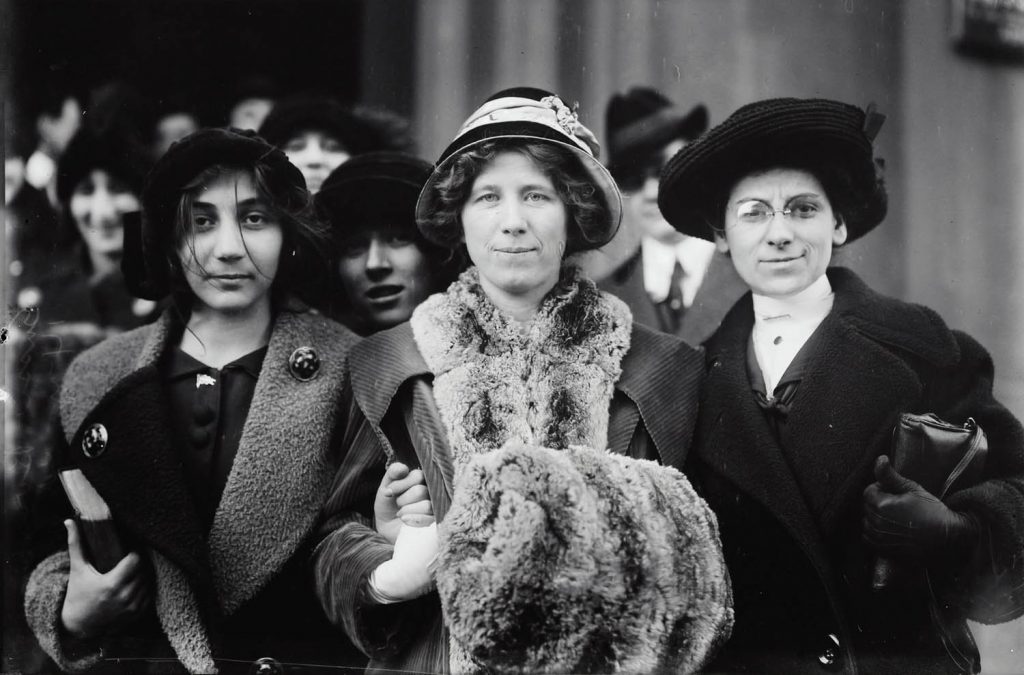Before you guys start ganging up on me, take a look at what the experts have found out about the subject in several studies.
Scientists have observed that women who are generally healthy have a “metabolic brain age” that is consistently younger than men of the same chronological age. What this finding indicates is that the changes and variations that occur when the brain uses energy over a person’s lifetime actually proceed more gradually in women than they do in men. While the research guys are clueless as to its medical consequences and implications, they say that this may help explain why, mentally, healthy females tend to stay sharp longer than males, Marcus Raichle, a neurobiologist at Washington University School of Medicine in St. Louis, says … brain metabolism changes with age. But his group of researchers also noticed that these changes boiled down to gender. In other words, when they started looking into how brain metabolism predicts a person’s age, the women came out looking about four years younger than they really are.
How did they do it? – What the scientists did was to apply a brain-scanning approach called “Position Emission Tomography”. It measured the flow of oxygen and glucose to the brains of one hundred twenty-one (121) women and eighty-four (84) men aged 20-82. This scanning technique showed how sugar was being converted into energy in the various parts of the respondents’ brains. In infants and young kids, this process known as Aerobic Glycolysis is increased by nature to grow and develop the children’s brains. This is scaled down however as they become adolescents and young men and women and it goes down steadily till it reaches a real low level when they reach their sixties.
To see how this brain metabolism differed between the sexes, the researchers used a computer algorithm leading to the prediction of the respondents’ ages using their brain scans.
So, what came out? The program estimated the men’s ages accurately. But it showed the women’s brains, on average, to be three-point eight (3.8) years younger than their real ages. Medically, the researches don’t know exactly what this means and intend to pursue further research on the subject. For now, they can only speculate that perhaps, low glucose metabolism in certain parts of the brain becomes more prone to memory loss and neurodegenerative diseases as a person gets older.




